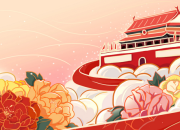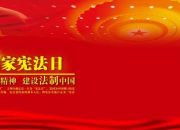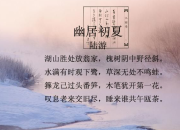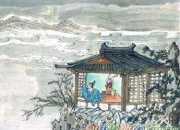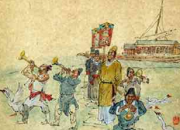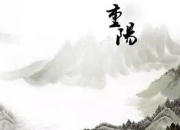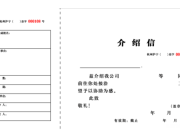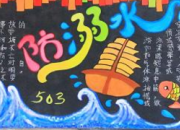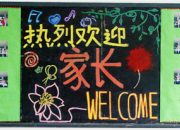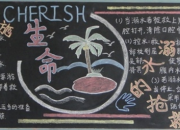参观故宫英语作文
时间:2021-08-31到了北京我们就迫不及待的跟着导游一起去到故宫,走在充满历史韵味的故宫里,听着导游的介绍,我不禁为祖国人民的智慧而自豪。
篇一:参观故宫英语作文
Dear Mickey,
How did you spend your summer vacation this year?
In my vacation, my family and I went to National Park. We visited the island in the center of the lake.
We took a ferryboat to the island at 9:00 am. The first place we visited was the Botanical Garden. Then we visited the Site of an Old Temple which had a history of over 600 years. Lunch was served at 11:30. After that, we went to see varieties of birds at the Birds House. We went shopping for some souvenirs at the Gift Shop before we left. Finally, we returned from the island by cable car at 3:30 pm.
Though we were tired, we had a good time, because we like nature very much. Do you like nature, too?
I’m looking forward to your reply!
Li Hua

篇二:参观故宫英语作文
Situated in the western outskirts of Haidian District, the Summer Palace is 15 kilometers (9.3 miles) from central Beijing. Having the largest royal park and being well preserved, it was designated, in 1960 by the State Council, as a Key Cultural Relics Protection Site of China. Containing examples of the ancient arts, it also has graceful landscapes and magnificent constructions. The Summer Palace is the archetypal Chinese garden, and is ranked amongst the most noted and classical gardens of the world. In 1998, it was listed as one of the World Heritage Sites by UNESCO.
Constructed in the Jin Dynasty (1115-1234), during the succeeding reign of feudal emperors; it was extended continuously. By the time of the Qing Dynasty (1644-1911), it had become a luxurious royal garden providing royal families with rest and entertainment. Originally called 'Qingyi Garden' (Garden of Clear Ripples), it was know as one of the famous 'three hills and five gardens' (Longevity Hill, Jade Spring Mountain, and Fragrant Hill; Garden of Clear Ripples, Garden of Everlasting Spring, Garden of Perfection and Brightness, Garden of Tranquility and Brightness, and Garden of Tranquility and Pleasure). Like most of the gardens of Beijing, it could not elude the rampages of the Anglo-French allied force and was destroyed by fire. In 1888, Empress Dowager Cixi embezzled navy funds to reconstruct it for her own benefit, changing its name to Summer Palace (Yiheyuan). She spent most of her later years there, dealing with state affairs and entertaining. In 1900, it suffered again, being ransacked by the Eight-Power Allied Force. After the success of the 1911 Revolution, it was opened to the public.

